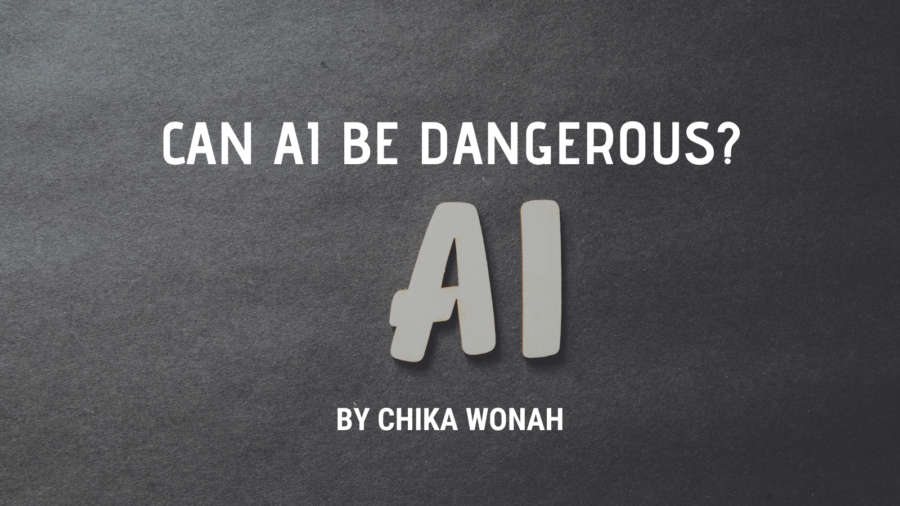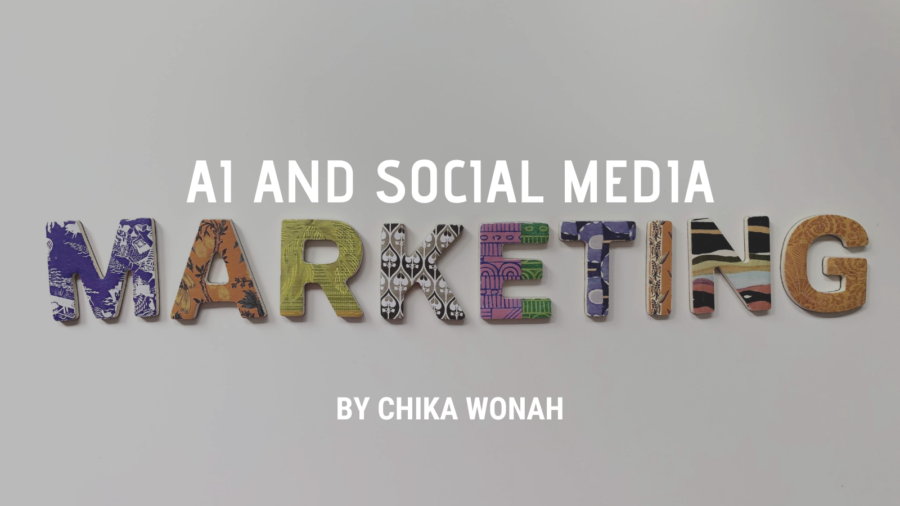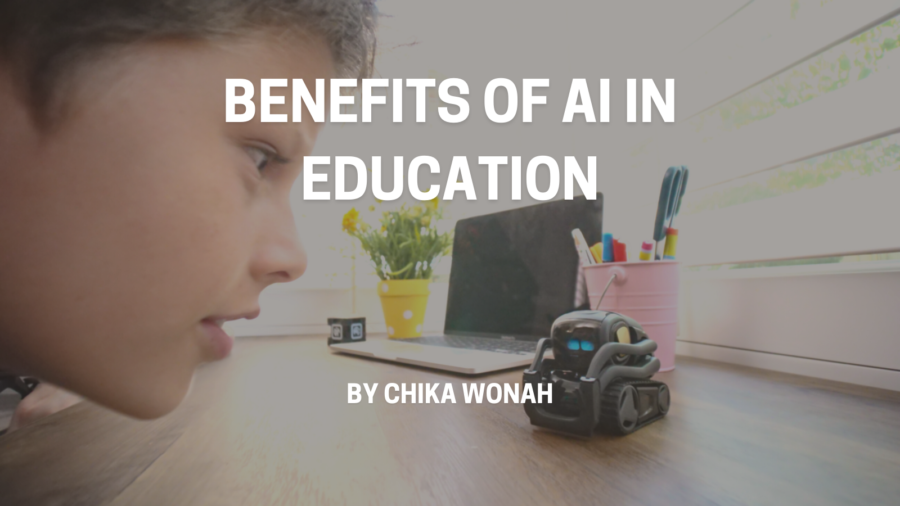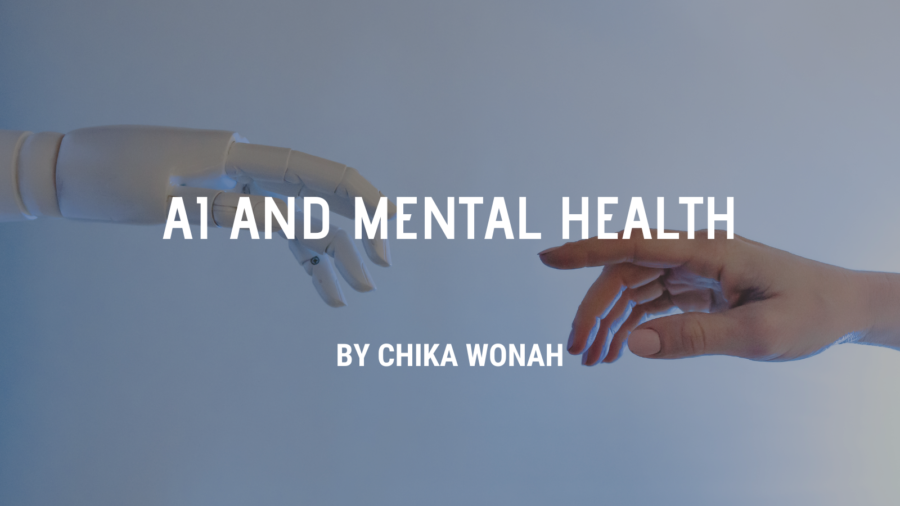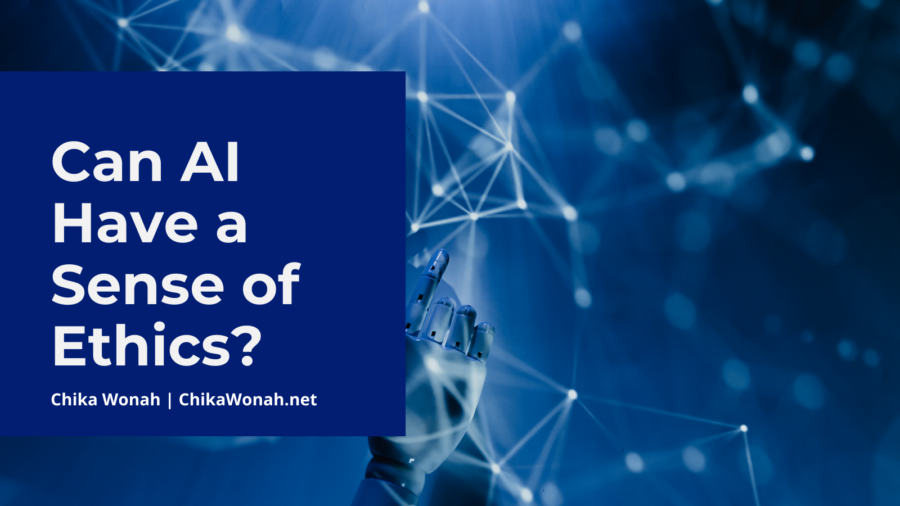1. Criminal Use of AI
One of the most concerning dangers of AI is its potential for misuse by criminals. As AI gets more sophisticated, it will become easier for criminals to use it for identity theft, fraud, and cybercrime. Additionally, AI can also create and distribute malware, hack into computer systems, and steal data.
2. Terrorist Use of AI
As AI continues to evolve, there is a risk that terrorists will use it to carry out attacks. For example, AI could be used to create fake identities or to create and disseminate propaganda. Additionally, AI could also be used to plan and execute terrorist attacks.
3. Nation-State Use of AI
As AI becomes more powerful, nation-states will increasingly use it for military purposes. For example, AI could create and deploy lethal autonomous weapons systems. Additionally, AI could also be used to gather intelligence and conduct cyberattacks.
Ways in Which We Can Mitigate the Risks of AI
1. Increased Regulation of AI
One way to mitigate the dangers of AI is to increase the regulation of this technology. Regulation of AI could help to ensure that AI is being used safely and responsibly.
2. Increased Research into AI Security
Another way to mitigate the dangers of AI is to invest in research into AI security. Research into AI could help improve the security of AI systems and protect them from being hacked or misused.
3. Development of Safeguards for AI
Finally, another way to mitigate the dangers of AI is to develop safeguards for this technology. These safeguards could help to protect AI systems from being hijacked or misused.
Conclusion
The dangers of AI are real, and we need to take steps to mitigate these risks. By increasing regulation of AI, investing in research into AI security, and developing safeguards for AI, we can help ensure that this technology is used safely and responsibly.

